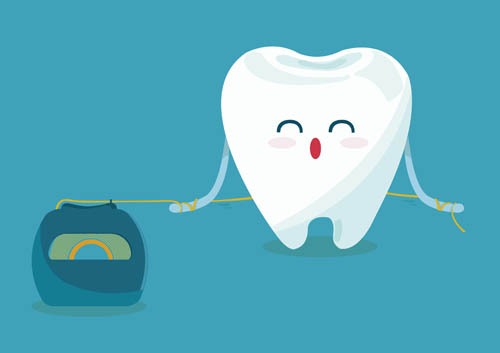Questions on Dental Implants? We’ve Got You Covered.
August 28th, 2024

Whether you’ve lost a tooth from decay, are preparing for dentures, or were born with a gap where a tooth should have been, you could be a candidate for dental implants.
Dental implants have changed a lot since their debut in 1965, thanks to continuing advances in design and technology. Today, you no longer have to worry about whether dental implants might have a negative aesthetic impact on your smile.
So what are dental implants? Pretty much what they sound like: An implant is a replacement tooth that substitutes for a missing natural one. It gets placed through several steps; it’s a process that can take a few months.
The initial step involves the surgical implantation of the implant root, which resembles a small screw. After that’s placed, the top is covered with gum tissue to enable it to heal faster. This is an essential phase in the process, since this portion of the implant will serve as the base of support for everything else.
In the second step, the implant gets uncovered and an implant restoration (or crown) is created and affixed to it. After that, you’ve got yourself a new tooth!
While dental implants require a little special care, it’s all easily manageable. All you have to do at home is make sure you brush and floss your implant daily, the same as you would for any other tooth. Although an implant can’t develop a cavity, if something were to get stuck in it, that could lead to a gum infection.
If you have any other questions about dental implants, give our West Chester office a call!



